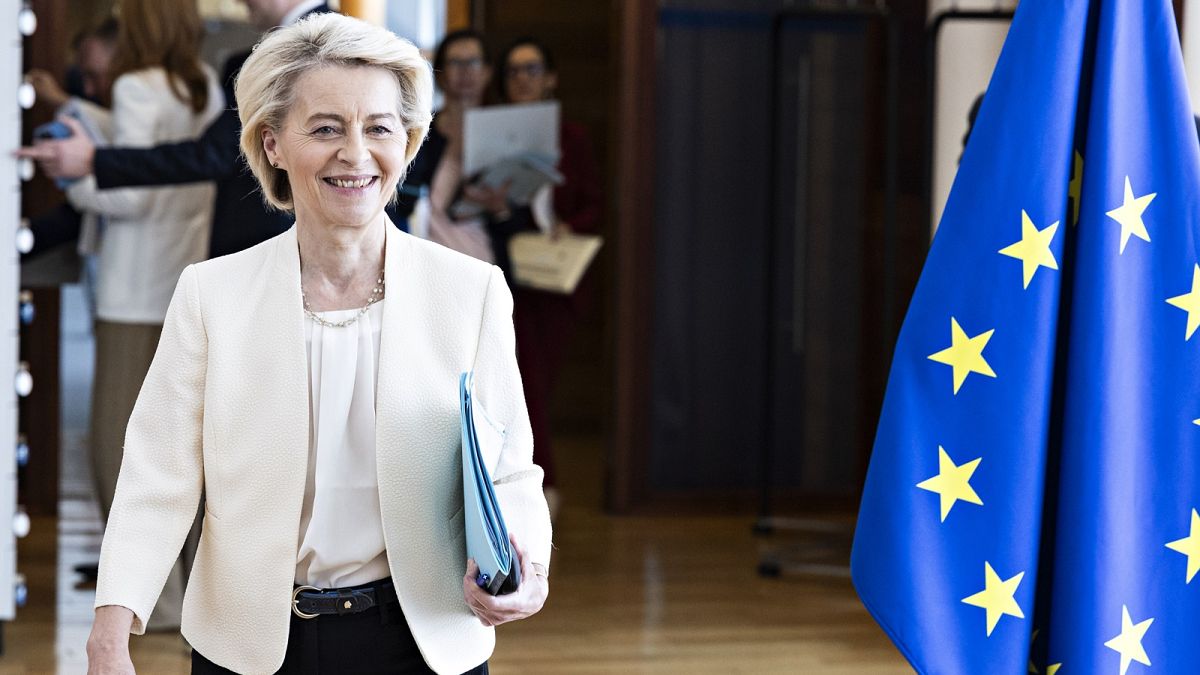

In recent days, a series of significant announcements have emerged from the geopolitical sphere, underscoring the dynamic nature of international relations and trade. These developments span economic strategies within the European Union, advancements in US health and trade policy, and noteworthy currency transitions within Europe. Collectively, they paint a picture of an interconnected world navigating through both challenges and opportunities.
In Europe, the unveiling of a new, expansive budget by Ursula von der Leyen marks a pivotal moment for the European Union. The proposed €2 trillion budget seeks to bolster the EU’s strategic autonomy and resilience, prioritizing flexibility to address unforeseen global crises effectively. This fiscal blueprint underscores a commitment to bolstering resources, fostering innovation, and enhancing sustainable development across member states. It reflects a concerted effort by the EU to maintain stability and growth amid a rapidly changing global landscape.
Turning to the United States, the Trump administration has signaled a surprising shift in stance regarding psychedelic therapies. US Health Secretary Robert F. Kennedy Jr. has expressed intent to fast-track the approval of psychedelic-based treatments within a year, potentially accelerating research and therapeutic applications for various mental health conditions. This unexpected move has sparked discussions about the future of mental health treatment in the US, with potential implications for the broader field of medicine.
Meanwhile, in the realm of international trade, significant strides have been made. President Trump has announced a new trade agreement with Indonesia, featuring a 19% tariff on Indonesian goods entering the US—an outcome notably less severe than the previously threatened 32% rate. Additionally, under the pact, Indonesia has committed to purchasing 50 Boeing jets, a decision with far-reaching implications for the aviation industry. This trade deal exemplifies ongoing efforts to recalibrate global trade relations to foster economic growth.
In a separate development, the Trump administration has approved Nvidia, a leading US chipmaker, to sell advanced computer chips to China. This approval allows Nvidia to begin filing licenses to ship its cutting-edge products, especially those integral to developing artificial intelligence technologies. Such advancements highlight the evolving complexity of US-China trade dynamics, emphasizing the importance of strategic partnerships in technological innovation.
As Europe continues to refine its economic policies, Bulgaria has announced a momentous transition within its monetary system. The country is set to adopt the euro as its official currency, replacing the lev starting in January. This shift represents a significant step towards deeper integration within the EU’s economic framework. Prominent voices in Bulgaria, such as Plamen Ralchev of the University of National and World Economics, have urged a measured approach to this transition, cautioning against political forces that might exploit the change for populist agendas.
On the diplomatic front, US Ambassador Mike Huckabee made a noteworthy appearance at Israeli Prime Minister Netanyahu’s corruption trial, a visit that aligns with a call from President Trump for Israel to dismiss the charges or consider a pardon. This gesture underlines the ongoing complexity and sensitivity of US-Israeli relations, intertwined with broader geopolitical considerations.
Collectively, these developments signal a period of dynamic change within global economic and political arenas. As nations navigate through these changes, the emphasis on cooperation, innovation, and strategic policymaking remains paramount. The unfolding of these events invites careful observation and reflection, as they hold potential implications for global stability and progress.
Source: {link}
